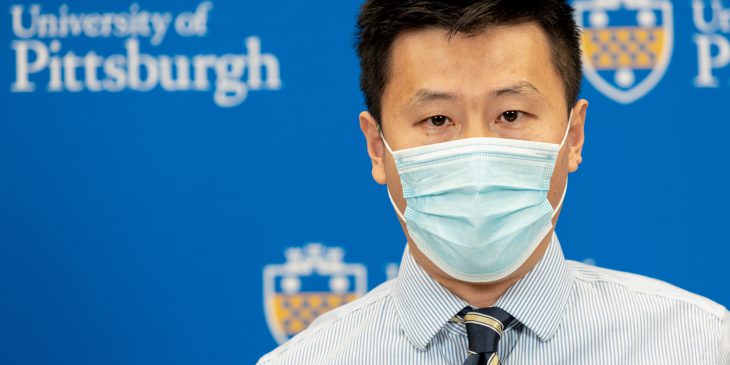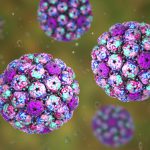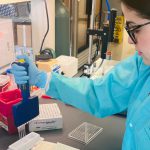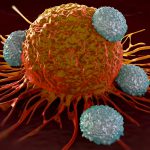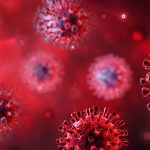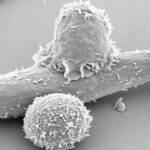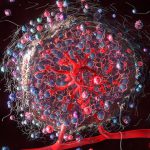At a virtual press briefing today, researchers at the University of Pittsburgh School of Medicine announced their discovery of tiny but extremely powerful SARS-CoV-2 antibody fragments from llamas, which could be fashioned into inhalable therapeutics with the potential to prevent and treat COVID-19.
The study, published today in Science, involves special llama antibodies called “nanobodies.” They are much smaller than human antibodies and much more stable. These nanobodies are many times more effective at neutralizing SARS-CoV-2 than any others previously described, according to the researchers.
“The idea of using llama nanobodies for drug discovery isn’t new,” said senior author Yi Shi, Ph.D., assistant professor of cell biology at Pitt. “The few SARS-CoV-2 nanobodies reported by other groups have not been terribly effective at neutralizing the virus. We’ve discovered the most potent ones yet in the fight against COVID-19.”
These nanobodies can sit at room temperature for six weeks and tolerate being fashioned into an inhalable mist, which might one day deliver antiviral therapy directly into the lungs of COVID-19 patients where they’re most needed.
“As a virologist, it’s incredible to see how harnessing the quirkiness of llama antibody generation can be translated into the creation of a potent nanoweapon against clinical isolates of SARS-CoV-2,” said Paul Duprex, Ph.D., study coauthor and director of Pitt’s Center for Vaccine Research.
The researchers also found that their nanobodies use a variety of mechanisms to block SARS-CoV-2 infection. Nanobodies that bind to different regions on the SARS-CoV-2 virus can be linked together, if needed, in case one part of the virus mutates and becomes drug-resistant.
“They’re ideal for addressing the urgency and magnitude of the current crisis,” said Shi.



